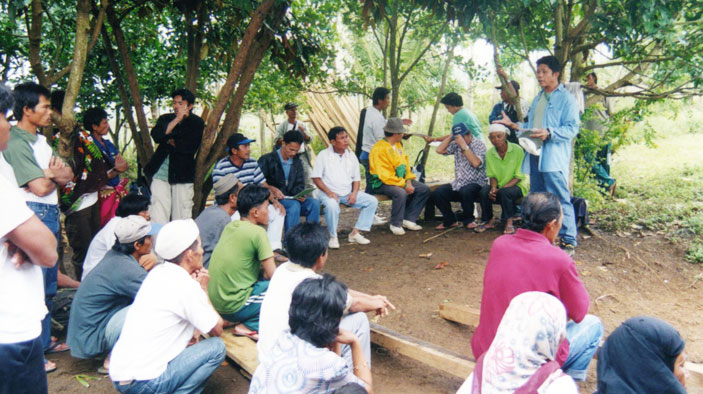Philippines—Local Implementation of National Competitiveness for Economic Growth (LINC-EG)
Client: U.S. Agency for International Development
Duration: 2008-2012
Region: Asia and the Pacific
Country: Philippines
Solutions: Economic Growth Governance
Implemented by the DAI/Nathan Group, the Local Implementation of National Competitiveness for Economic Growth (LINC-EG) project promoted local and national economic competitiveness to improve prospects for economic growth and fiscal sustainability in the Philippines. Working with local advocacy groups, the project developed policy reforms that improved Filipino private sector competitiveness, particularly in Mindanao. Although these reforms could target any level of government, the project focused on local governments, combining our understanding of the agents and institutions involved in reforming the Philippines’ political economy with a technical approach that built ownership among local reform advocates. For example, the project included subnational provincial competitiveness indexing.

Select Results
- Measured factors of competitiveness by collecting data on regulatory conditions and production-cost burdens created by transportation constraints in Mindanao, and recommended reforms.
- Fostered streamlined and transparent processes for transferring ownership of leases and land, easing asset ownership rights, and permitting secure borrowing on par with other members of the Association of Southeast Asian Nations.
- Streamlined business permitting and licensing to enhance service delivery, and enabled a full-service center with one-stop shop capabilities for business startups in Davao City’s National Economic Research and Business Assistance Center.
- Improved property rights and land use to stabilize the property rights of poor farmers, attract or increase investment in rural areas, create on- and off-farm jobs, bring underused land into production, and improve local competitiveness.
- Improved income tax collection efficiency and reduced tax leakages to enhance tax revenues, especially in the Northern Mindanao region.
- Improved trade facilitation and customs administration to bring the Philippines in line with best international practices for customs administration, thereby facilitating competitiveness by reducing import and export transaction costs.
- Improved logistics chain performance through diagnostics, stakeholder dialogue, implementation planning, and technical advice.
RELATED CONTENT:
Tanzania—Feed the Future Tanzania Land Tenure Assistance (LTA)
The Land Tenure Assistance activity pioneered a low-cost, participatory land registration system that works at the local level, enabling smallholder landowners to secure their property rights.
Read More